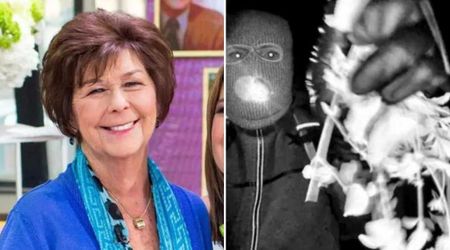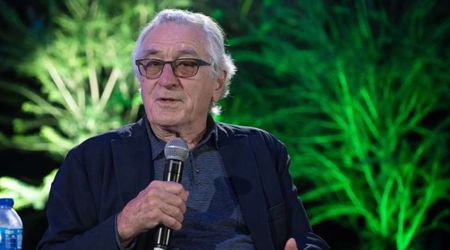Charlie Kirk suspect Tyler Robinson was disoriented and lacked escape plan, says FBI
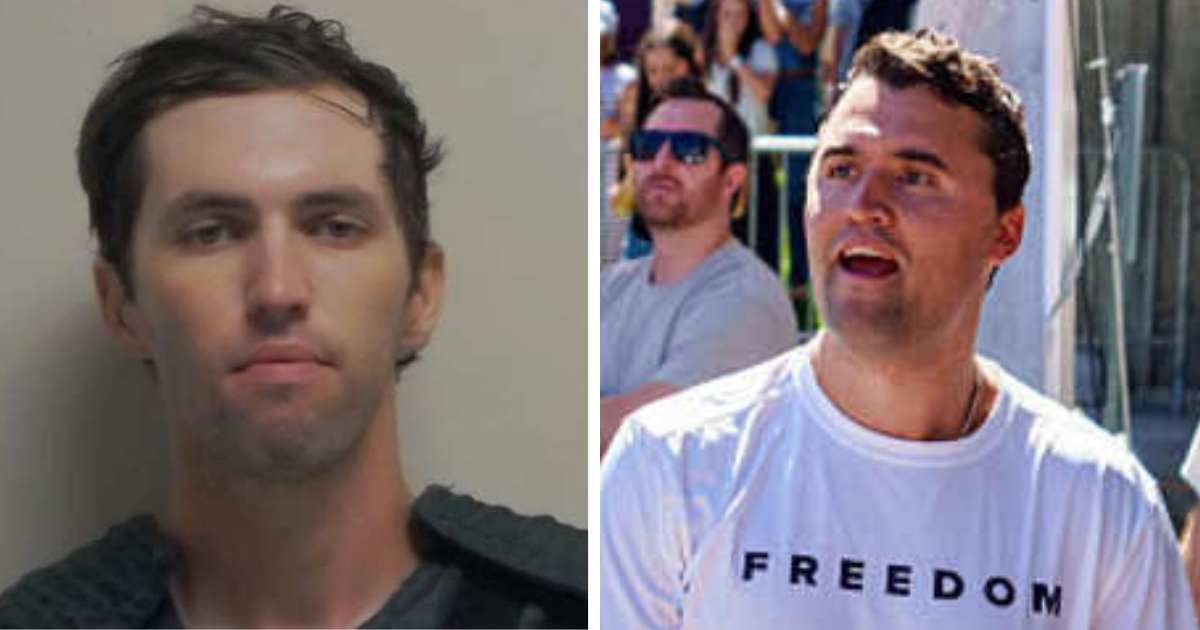
NEW YORK CITY, NEW YORK: Michael Tabman, a former special agent in charge of the FBI's Minneapolis Field Office, told Fox News Digital that the FBI likely used basic detective tactics to track Charlie Kirk’s suspected shooter, Tyler Robinson, and that Robinson probably didn’t have any escape plan after committing the crime.
Tyler Robinson on the run for 33 hours after attack
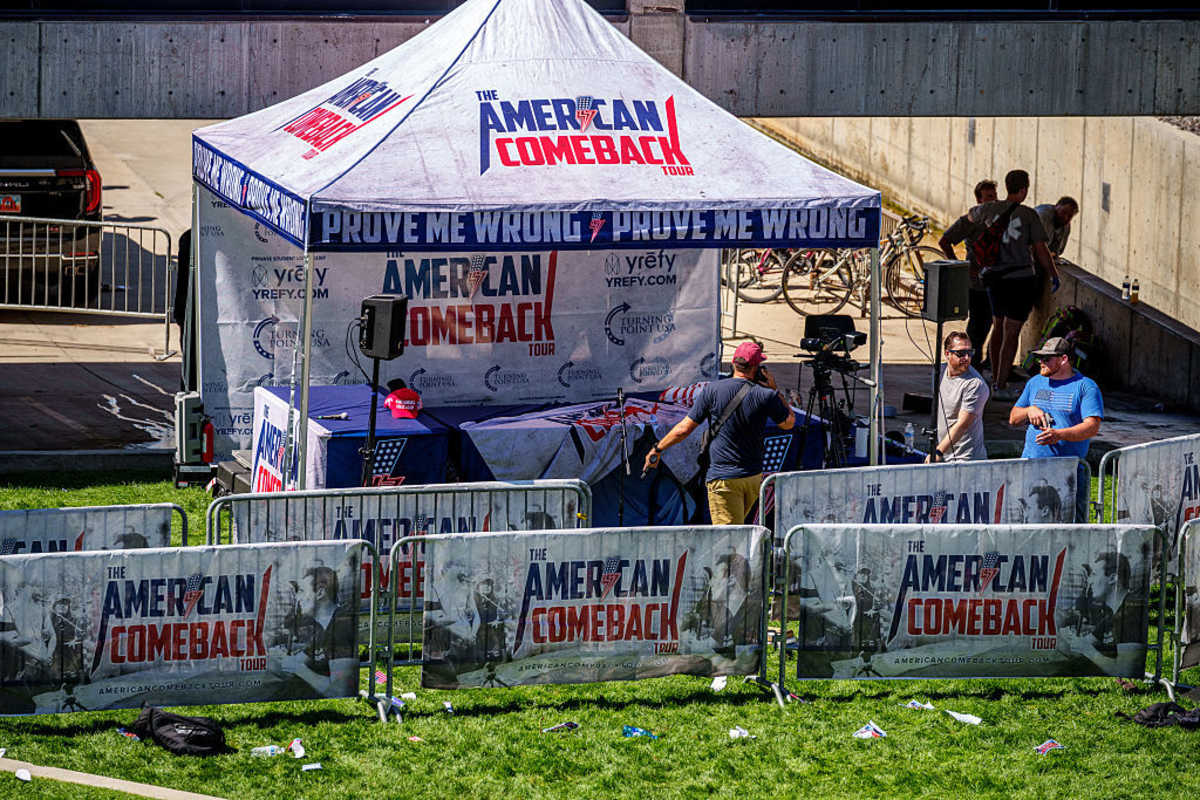
Robinson remained at large for 33 hours after Kirk was shot dead. What he did during that time largely remains unclear, but Fox News Digital learned Thursday, September 25, that he had an encounter with law enforcement near the Utah Valley University campus around 6:30 p.m. after the shooting.
"We don't have someone acting rationally. He was acting irrationally, and again, I don't think he had a plan," said Tabman.
Tabman suggested that, despite meticulously planning the shooting, Robinson was likely disoriented by the gravity of his actions immediately afterward.
"I think it puts him in this state of confusion," Tabman said. "'What did I just really do?' He just killed somebody, now he's like, ‘Wow, what did I just do? What do I do now?’ So I don't think he had a plan. I think he knew he'd be caught. I think he was just kind of hanging around waiting to get caught."
Text messages between Robinson and his transgender partner, Lance Twiggs, indicated that he stayed in the town where the university campus was located for some time after the shooting. Later, he drove south to St. George, Utah, his hometown, about three and a half hours away.
It’s unclear what he did in his hometown, but the next day, on September 11, his parents recognized him from FBI-released photographs and helped persuade him to surrender peacefully around 10 p.m. with the Washington County Sheriff's Office.
Robinson reportedly had suicidal thoughts after shooting
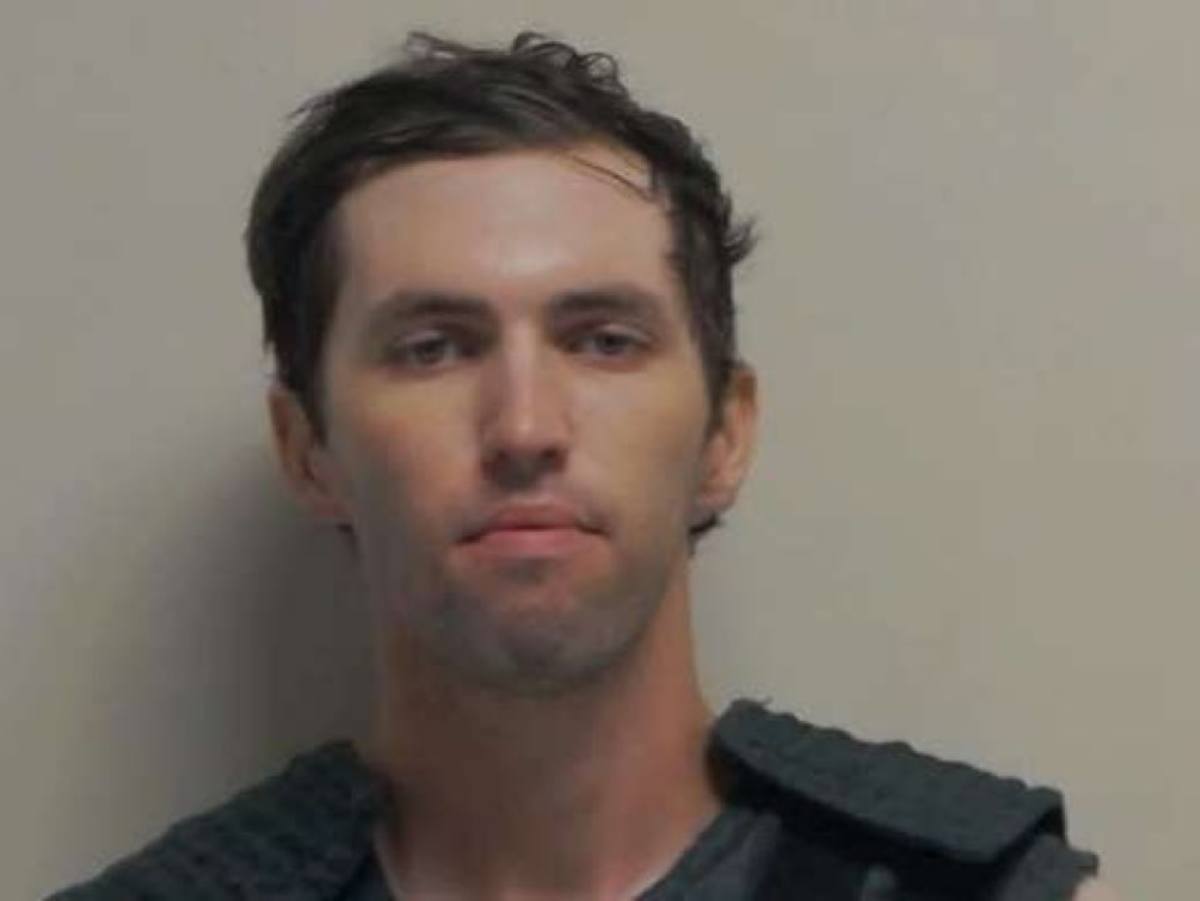
Washington County Sheriff Nate Brooksby said Robinson reportedly had suicidal thoughts but was convinced by his parents not to harm himself.
Brooksby said Robinson knew he would be caught, feared a SWAT raid, and was afraid of being shot by police. He negotiated a "gentle" surrender.
Tabman said Robinson likely acted without thinking about the consequences and may not have planned suicide, but felt hopeless after the act. He added that Robinson didn’t attempt to escape, as he returned home and didn’t run when confronted by his father.
FBI tracks Tyler Robinson using basic methods
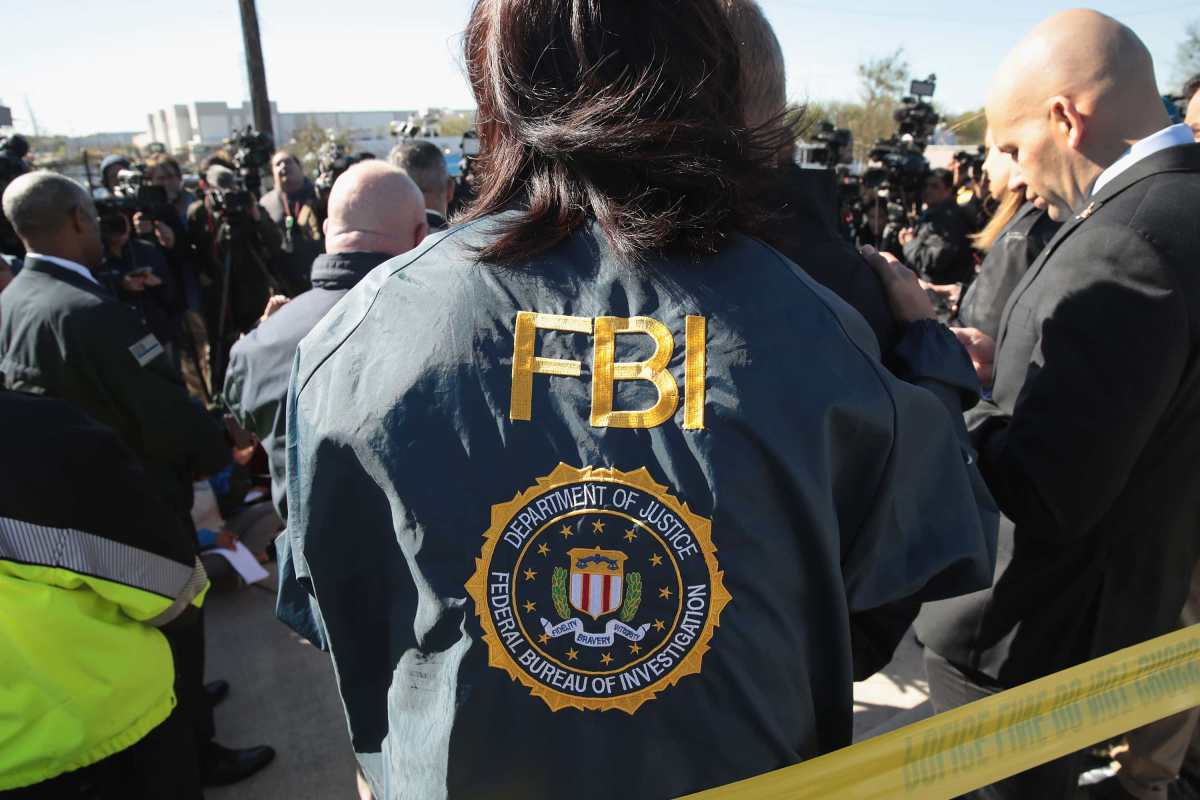
Tabman explained that the FBI used standard investigative techniques to track Robinson. Agents typically review public tips about suspicious behavior, then go door to door collecting surveillance video from homes and businesses to reconstruct the suspect’s route.

